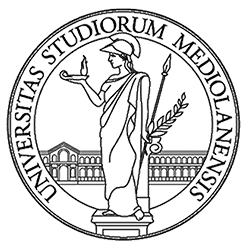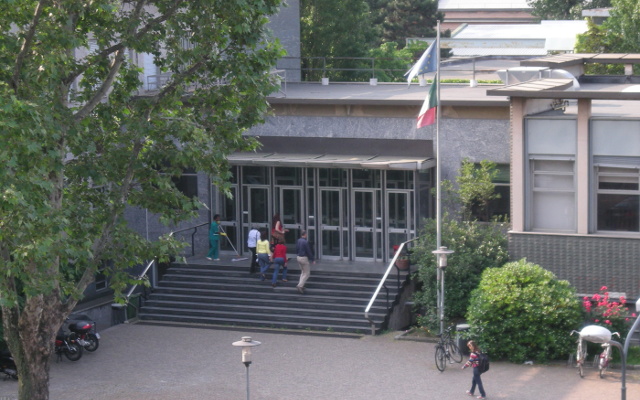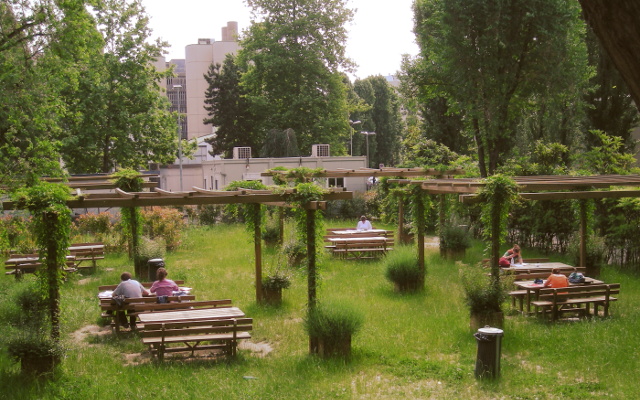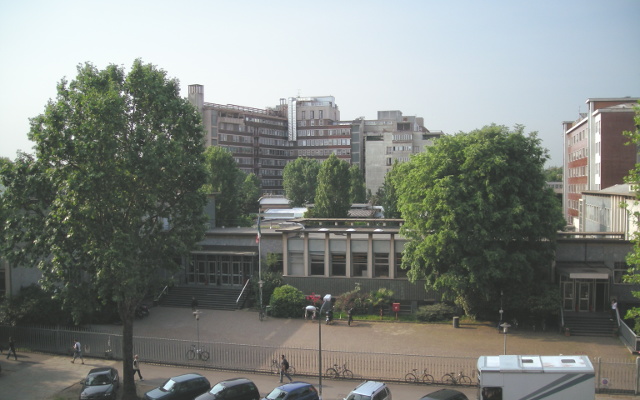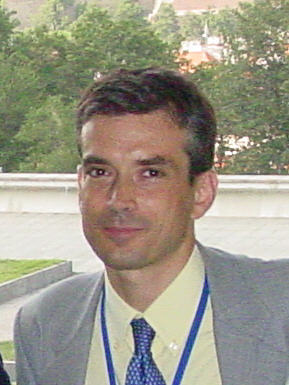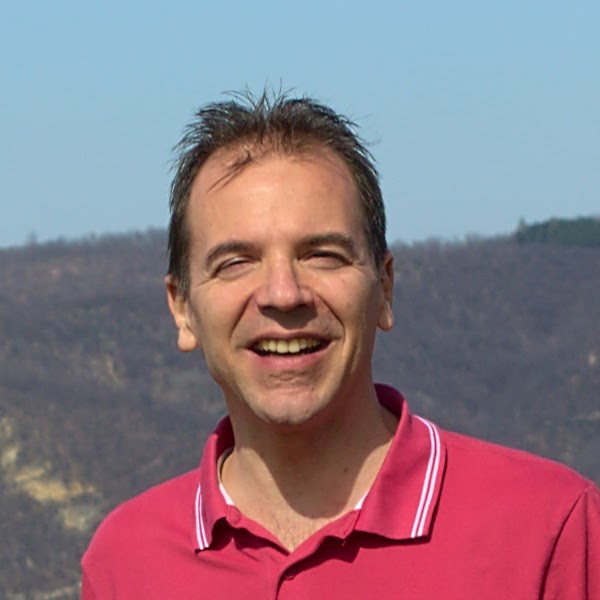The University of Milan is one the largest universities in Italy, with about 57000 students, a teaching and research staff of approximately 2000 and a non-teaching staff of similar size. It was established in 1924 and is currently a member of the League of European Research Universities.
Throughout Milan, this University is generally known as Statale to avoid confusion with other academic institutions in the city.
SCIENTIFIC ACTIVITY WITHIN PCAM
The Doctorate School in Physics, Astrophysics and Applied Physics covers several topics. Among them, of interest to PCAM, are first-Principle methods constituting a powerful “theoretical microscope” for the study of solid-state systems. We use such methods – mainly within density-functional theory – in the effort to understand the observed electronic and optical properties of materials, surfaces and nanostructures at the atomic scale. We also study the statistical and dynamical properties of these systems through simulations. Experimental activities are also present.
The main research areas of the Doctoral programme in Industrial Chemistry are: Catalysis in industrial processes; Industrial electrochemistry; Synthesis, properties and structures of polymers; Synthesis, processes and control in both fine and primary chemistry; Innovative chemical processes with a low environmental impact; New molecules and multifunctional materials for application in various fields (for example, pharmaceuticals, nonlinear optics, electroluminescent and photovoltaic devices, bio-imaging, sensors); Innovative technologies for energy conversion and abatement of pollutants; Chemical biotechnology; Nanotechnologies; Computational, structural and spectroscopic studies of molecules of industrial interest; Valorisation of waste and by-products of industry.
The main research areas of the Doctoral programme in Chemistry are: Synthesis, reactivity, reaction mechanisms; Catalysis; Structural chemistry; Spectroscopic analysis; Theoretical and computational chemistry; Solid-state, interphase and electrolyte chemistry; Chemistry of biologically active compounds, food and natural substances; Biocatalysis; Chemistry of the environment and of cultural heritage; Chemistry of materials; Chemistry for nanotechnologies; Supramolecular chemistry; Chemistry for energy.
AVAILABLE PHD POSITIONS
The PhD School in Physics, Astrophysics and Applied Physics in Milan opens yearly about 30 3-year PhD positions, about 15 of which being financed by the University itself (around 1200 Euro net per month). Other positions may be covered by special (usually richer) grants on specific projects. Specific grants are reserved to foreigner students. The School opens the entrance selection between the end of August and mid-September, with rigid deadlines. Find more details here.
The Doctoral programme in Industrial Chemistry opens yearly about seven 3-years PhD positions, of which about five are financed by the University, the others are covered by individual grants of specific projects or industry (around 1200 Euro net per month). The competition for access is usually between the end of June and mid-September. Find more details here.
The Doctoral programme in Chemistry opens yearly about twelve 3-years PhD positions, of which about nine are financed by the University, the others are covered by individual grants of specific projects or industry (around 1200 Euro net per month). The competition for access is usually between the end of June and mid-September. Find more details here.
POSSIBLE SHORTER STAYS WITHIN THE NETWORK
Short stays at different nodes of the PCAM is strongly encouraged for the PhD School in Physics, Astrophysics and Applied Physics and the Doctoral programmes in Chemistry and Industrial Chemistry. Our students receive a higher grant during their stays abroad. We could also host students from other PCAM nodes.
